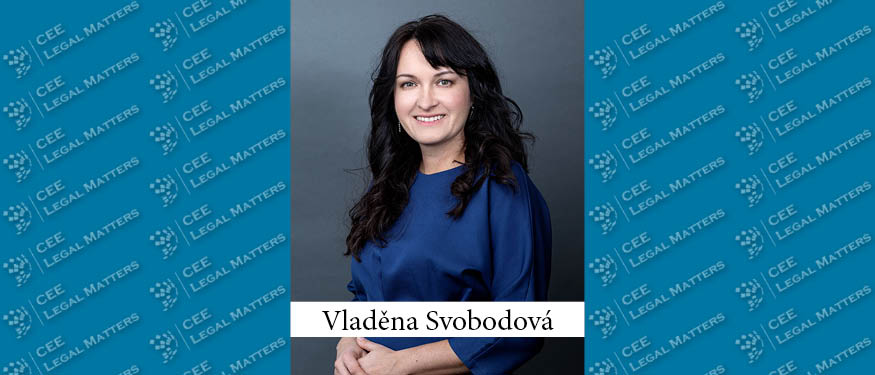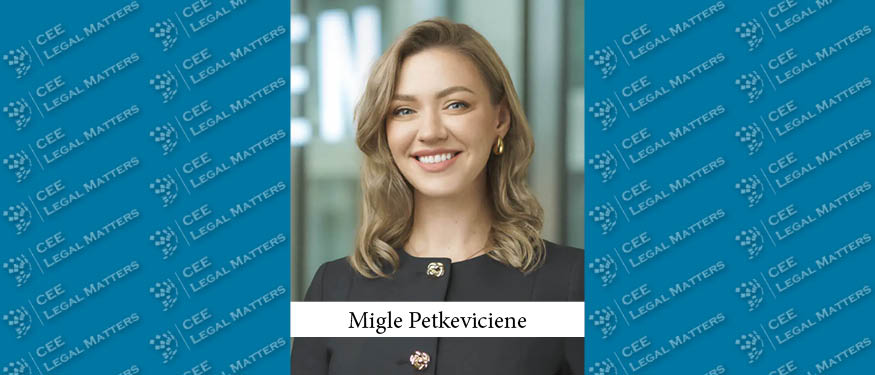Have you noticed the latest development in the placement of behavioural advertising? You have basically a binary choice between consenting to the processing of a "complex" bundle of your personal data for behavioural advertising purposes or paying a fee. After paying the fee, you can use the platform without being targeted by behavioural advertising.
Schoenherr Advises BHM Group on Block Group Majority Stake Sale to CEIP
Schoenherr has advised the BHM Group on the sale of its majority stake in the Block Group to the Czech investment fund Central Europe Industry Partners. Rowan Legal reportedly advised CEIP.
Weinhold Legal Advises on Libristo Media Sale to Albatros Media
Weinhold Legal has advised the founders and full owners of Libristo Media on its sale to the Albatros Media Group. Havel & Partners reportedly advised the buyer.
Schoenherr and Wolf Theiss Advise on Storyblok's USD 80 Million Series C Financing Round
Schoenherr has advised Storyblok on its USD 80 million Series C financing led by US investment firm Brighton Park Capital. Wolf Theiss, working with Paul, Weiss, Rifkind, Wharton & Garrison, advised Brighton Park Capital.
Cobalt Advises Helmes on Acquisition of Trinidad Wiseman
Cobalt has advised Helmes on its acquisition of a majority stake in Trinidad Wiseman.
Cobalt and Ellex Advise on Livonia's Acquisition of Stake in Telema
Cobalt has advised the privately held investment fund Livonia on its acquisition of a stake in Telema. Ellex advised Telema. Eipre & Partners reportedly advised the target company.
KSB Advises on Sale of Webglobe
Kocian Solc Balastik has advised Igor Strecek and Sandberg Capital on the sale of the Czech part of Webglobe to Group.one.



















